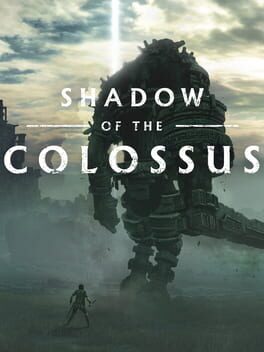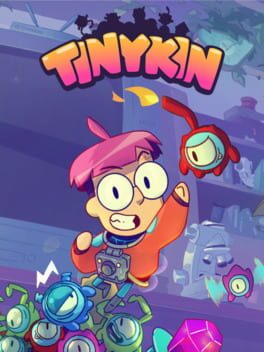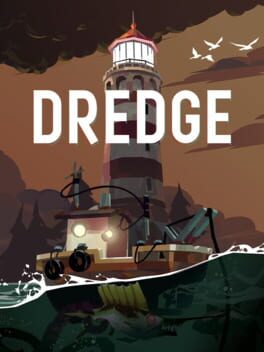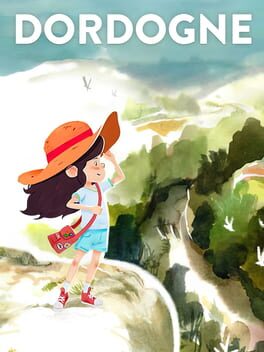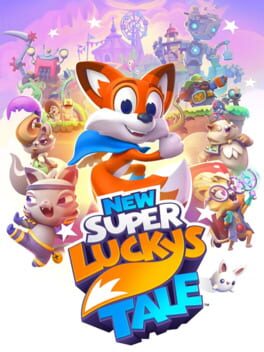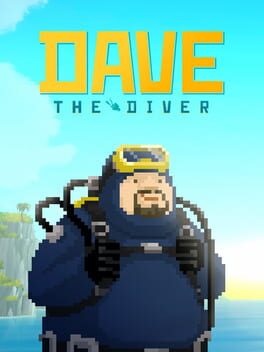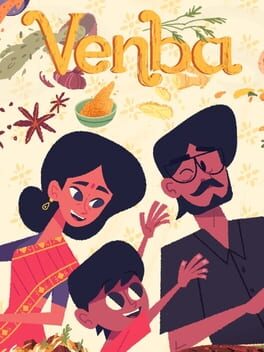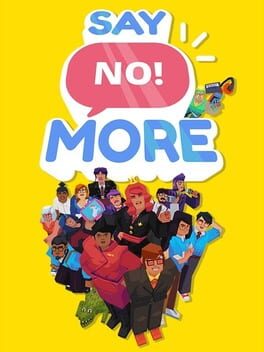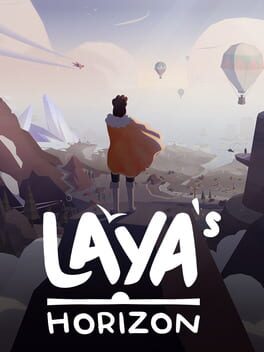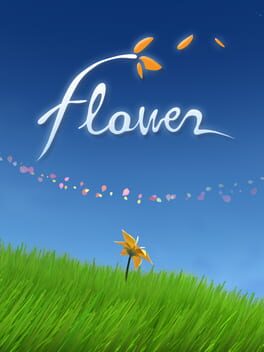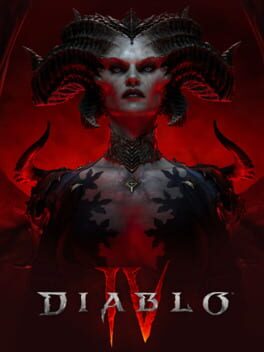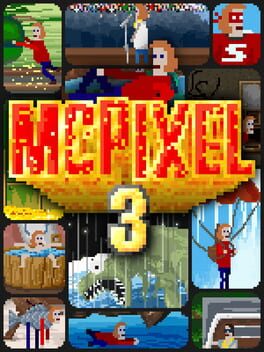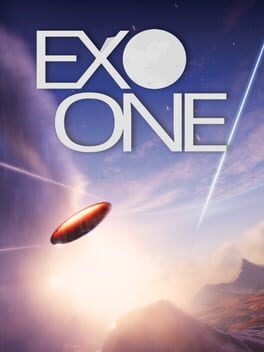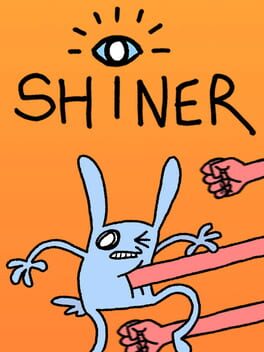jvet
2022
2014
2023
Perhaps its greatest strength if it’s remarkable timing, arriving early enough in a year of stellar releases that it was able to make a splash when so many indies of similar caliber flounder. The gameplay loop doesn’t have the same hooks as Dave the Diver—it’s aquatic brother in 2023–but it is still satisfying. A hazard with this type of upgrade system is that the early game can feel sluggish, and the boat does initially pilot like an ox. A few hours and upgrades later and it all feels much more seaworthy. The visuals and mechanics are more limited than expected, but that’s more a problem of comparison and expectation than with the game itself as both are cleverly and pleasantly designed. But it was ultimately the “flavor” of the game that caught me. I’m a sucker for a eldritch story, and the unique spin on it here permeates the game.
If you like the story and want more of it, try John Langan’s novel, The Fisherman.
If you like the story and want more of it, try John Langan’s novel, The Fisherman.
2023
It’s impossible to discuss this game without mentioning the beautiful art. While other games strive for photorealism or fluid style, Dordogne breathes a placid beauty in its watercolors—a beauty matched in its stellar soundtrack that sounds like a misplaced recording by Panabrite. That beauty belies a surprisingly somber story; don’t allow the pastel colors to fool you into thinking this is a children’s game. The collection aspects of the gameplay can be frustratingly fiddly, though none of it is required to finish the game. It’s an enjoyable package when taken as a whole, but the music and visuals punch above the weight class of the story, writing, and gameplay.
This may be the first independent 3D character platformer I’ve played and reviewing it is a tricky proposition. Most games in this genre are first-party games featuring a recognizable mascot of the platform, oozing polish and “game feel.” It’s also a gaming genre that’s heyday has come and gone. For an indie to take a swing at this genre, it takes hubris. With all of that preamble, I think Lucky largely succeeds. The character himself is generic, but he controls well. The story is unremarkable and the cutscenes unskippable, but the level design shows creativity even if the environments are bland. Every time I reached what I thought was my fill of the game, it would throw a creative level at me, like a carnival-game-themed mini game collection, and suck me back in. It does seem to lose some steam by the end, with the beach environment featuring more optional sliding block puzzles than platform levels, but the final world ends strong with some of the best levels in the game. Ultimately, what I want from a platformer is pure fun and I found plenty while playing this game.
2022
2023
2021
It’s an interesting idea, but it’s hard to call it a game. Your interaction is so limited, it simply takes tapping to move to its conclusion (though I later discovered it was considered a “one-button” game). This is more like an interactive story, but not an exceptionally interesting or well told one at that. I’m glad it’s short or I never would’ve seen the credits.
2023
I don’t know if there’s a “proper” end to this game, but now that I’ve collected all of the capes and trinkets, I’m going to call it quits. There is still a myriad of things to do in the game, which speaks to its surprising density for a mobile game. It feels derivative to even call it such as it’s a robust, full-fledged experience that is joyful and unique. Gliding feels great, and there are a number of collectibles, races, and areas of the map to explore. Some objectives are unclear, and once you’ve fully explored the island, it does begin to get “same-y”, but up until that point, the game is a fantastic flight.
2009
A breezy (pun-intended) flight through a few short levels, Flower is focused yet fun. There is no excess—a refreshing lack of the systems-upon-systems of AAA titles. Instead, Flowers is confident in its craft and audience and is a success as a result. The downside is that the controls aren’t as refined as desirable, and turning can feel clunky.
2023
2022
An impressive collection of self-described gags that plays like WarioWare meets a point-and-click adventure game. The animation is impressive, even more so when you see that McPixel is the work of one man. It’s constantly silly and surprising, though a few of the puzzles are frustrating. A hint button wouldn’t hurt.
2021
2023
